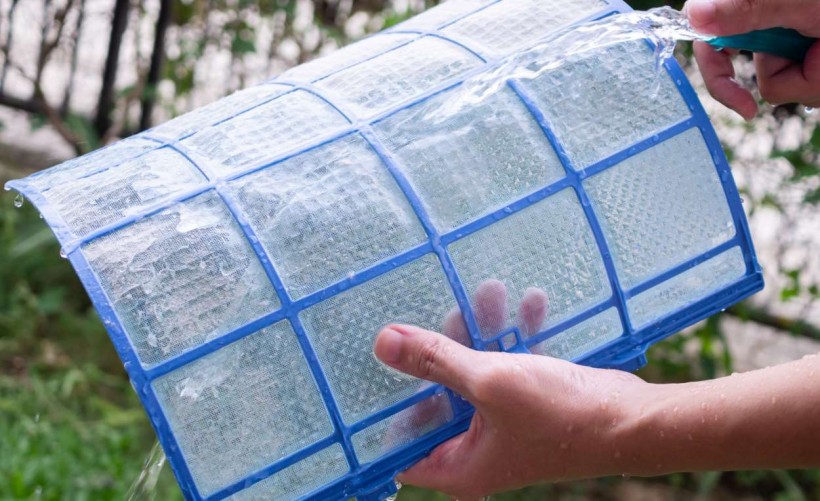Which Furnace Filter Is the Right One for You?
Warning: Undefined variable $post in /home/dietofli/public_html/wp-content/plugins/code-snippets/php/snippet-ops.php(584) : eval()'d code on line 3
Warning: Attempt to read property "ID" on null in /home/dietofli/public_html/wp-content/plugins/code-snippets/php/snippet-ops.php(584) : eval()'d code on line 3
The estimated reading time is 3 minutes
Warning: Undefined variable $post in /home/dietofli/public_html/wp-content/plugins/oxygen/component-framework/components/classes/code-block.class.php(115) : eval()'d code on line 3
Warning: Attempt to read property "ID" on null in /home/dietofli/public_html/wp-content/plugins/oxygen/component-framework/components/classes/code-block.class.php(115) : eval()'d code on line 3

Changing your furnace filters is one of the most important parts of maintaining an efficient HVAC system. However, you may be wondering which air filter will work in your home. Many people ask the same question, and there are plenty of aspects you'll need to consider. Here's a list that homeowners can follow to confirm which filters are right for their furnaces.
Know Your MERV
Minimum efficiency reporting value (MERV) is the metric used to grade residential filters. This scale goes from 1 to 16. The higher the integer, the more efficient the filter is at trapping microscopic particles.
You may think this means that you need to go for the highest MERV possible, but that would be a mistake. You need the right MERV — not too high or too low. A value that's too high will restrict airflow, and a MERV that's too low won't provide the filtration that you require.
Consider Your Filtration Needs
You'll also need to pick a filter based on your filtration needs. Options with a higher MERV rating hold the smallest contaminants well, but they also prevent more air from coming through. If you have supplemental air purification systems or are comfortable with running your air through something with a lower MERV rating, you can pick a more affordable filter. Note that filters with higher MERV scores catch more particles and thus clog more quickly.
Confirm Your Current Filter Type
Your furnace is likely equipped with a fibreglass filter — something around a MERV 2 or 4, allowing sufficient airflow while picking up larger contaminants. If you're replacing one of these, select a new fibreglass filter with roughly the same MERV rating. The furnace's fan speed is set to function with that filter type. The system will have to work harder if you install a different type of filter or one with a dramatically higher MERV rating. If you don't adjust the fan speed accordingly, it could lead to burnout or similar damages.
Double-Check the Size Required
This step is somewhat self-explanatory, and luckily, there's not much room for error if you simply double-check. Confirm the size of the old filter before you throw it out. Pick a new one with the same width and height.
Meet Your Budget
Yes, you want a filter that gets the job done. No, you don't want to pay more than necessary or waste your money on an unnecessary expense. In addition to not paying for a filter with a MERV rating that exceeds your needs, you must also consider your overhead. To really notice the results of a high-efficiency filter, you'll need to run your furnace constantly. If you don't run your system full-time during the colder months, don't waste your cash on a filter that boasts air-cleaning efficiency you won't actually enjoy.
Replacing your furnace filter is a simple task that's possible as a DIY project. However, a professional HVAC technician can also clean the system, make necessary repairs, and suggest services that could help your furnace run at peak efficiency. Don't hesitate to contact one of these professionals if you have any questions about your heating system.














